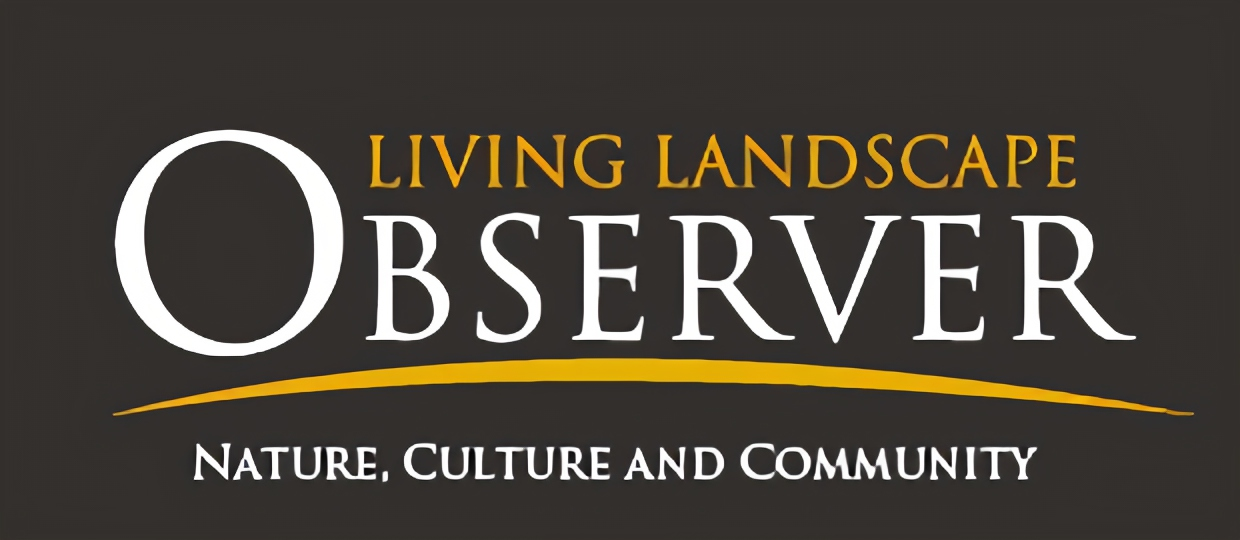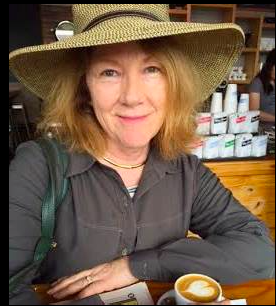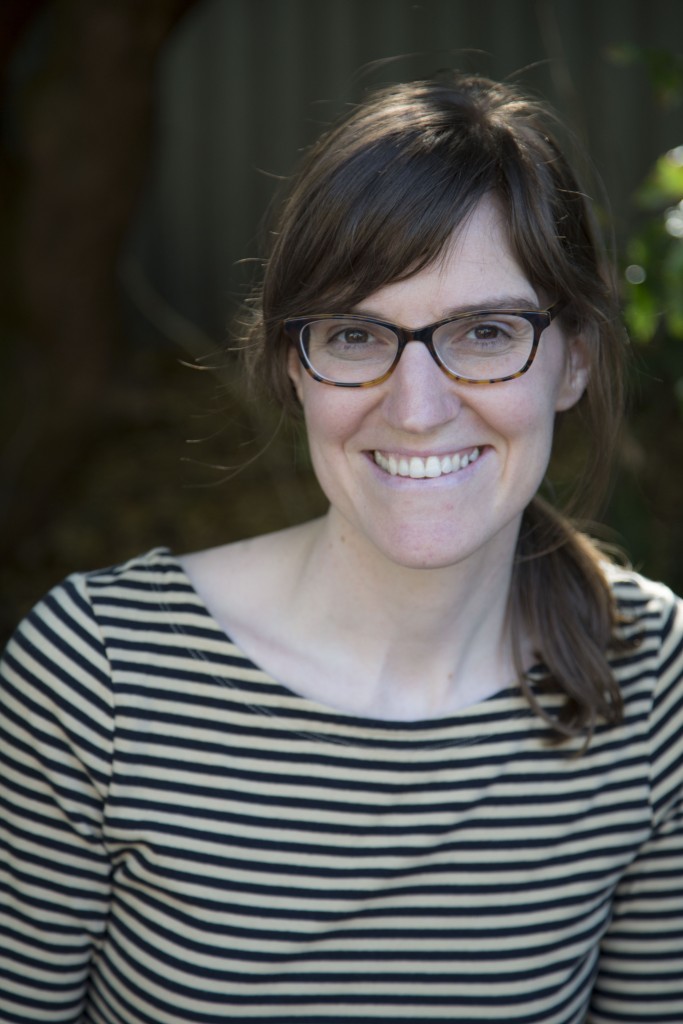To provide observations and information on the emerging fields of landscape scale conservation, heritage preservation, and sustainable community development.
Newsletter
Stay up-to-date with the latest nature, culture and community news.
We won’t spam you or share your information. Newsletters are sent approximately 10 times a year. Unsubscribe at any time.
A National Network for the Labor Movement
The story of organized labor in the United States is complex, powerful, inspiring, and infuriating. Millions of workers took collective action, often at risk of
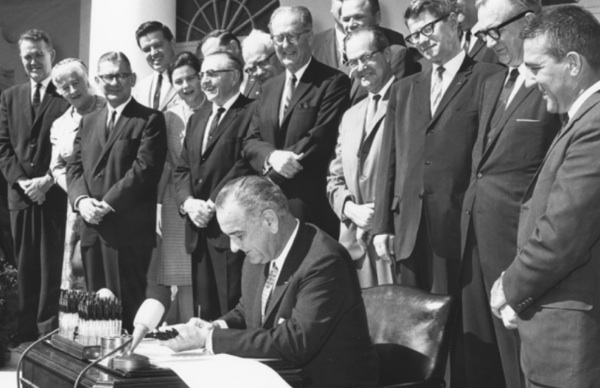
Best-Laid Plans: What Ensures Program Longevity
In late 2009, then-Secretary of the Interior Ken Salazar announced a new conservation program, the “Treasured Landscape Initiative.” Based on Salazar’s experience in Colorado, the
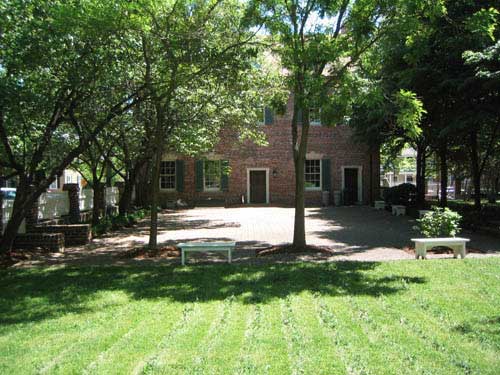
Saving Spaces: Historic Land Conservation in the United States
In the latest featured voice, we interview Dr. John Sprinkle about his new book Saving Spaces: Historic Land Conservation in the United States. Dr. Sprinkle is an expert on the development of historic preservation in the United States. He has written widely on the effects of federal preservation policy on local, state, and national history. In this interview, we discuss the linkages and cleavages between historic preservation and environmental conservation as well as the often-times overlooked role of the Department of Housing and Urban Development in urban open space protection.
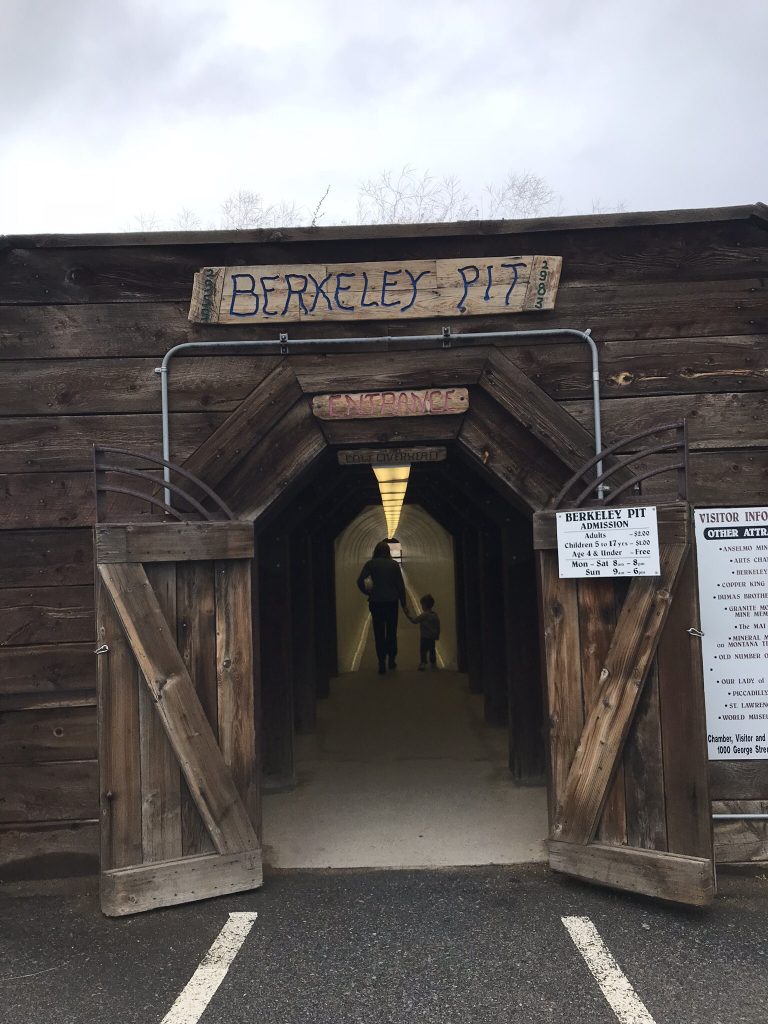
Interpreting histories of pollution
Do we need more historic sites that addresses the effects of pollution as well as remediation on the landscape. The Berkeley Pit in Butte, Montana provides one example of this type of location.

US/ICOMOS Updates and Symposium
The International Council on Monuments and Sites, commonly referred to as ICOMOS, is a non-government organization dedicated to the conservation of cultural heritage sites across the globe. US/ICOMOS was the first of what now number 110 national committees that make up the larger ICOMOS alliance. Find out more about its activities.
A National Network for the Labor Movement
The story of organized labor in the United States is complex, powerful, inspiring, and infuriating. Millions of workers took collective action, often at risk of

Best-Laid Plans: What Ensures Program Longevity
In late 2009, then-Secretary of the Interior Ken Salazar announced a new conservation program, the “Treasured Landscape Initiative.” Based on Salazar’s experience in Colorado, the

Saving Spaces: Historic Land Conservation in the United States
In the latest featured voice, we interview Dr. John Sprinkle about his new book Saving Spaces: Historic Land Conservation in the United States. Dr. Sprinkle is an expert on the development of historic preservation in the United States. He has written widely on the effects of federal preservation policy on local, state, and national history. In this interview, we discuss the linkages and cleavages between historic preservation and environmental conservation as well as the often-times overlooked role of the Department of Housing and Urban Development in urban open space protection.

Interpreting histories of pollution
Do we need more historic sites that addresses the effects of pollution as well as remediation on the landscape. The Berkeley Pit in Butte, Montana provides one example of this type of location.

US/ICOMOS Updates and Symposium
The International Council on Monuments and Sites, commonly referred to as ICOMOS, is a non-government organization dedicated to the conservation of cultural heritage sites across the globe. US/ICOMOS was the first of what now number 110 national committees that make up the larger ICOMOS alliance. Find out more about its activities.
